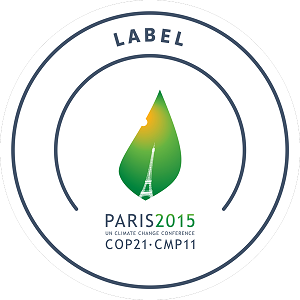With COP21 coming up in Paris this week, expectations of decisive and meaningful climate action are high among those that haven't given up on the political process altogether. In fact, signs going into the week are more positive than in prior years, after broad statements have been made during the G7 summit in Germany earlier this year, promising to phase out all fossil fuels by the end of the century.
While political direction will be of immense importance for our future, our personal actions continue to be the key element in my view. We have to continue to find meaning and will to contribute to solutions for a more sustainable live. The lack of action is often rooted in a sense of overwhelm and insecurity about our future. We do the best to distract us from future scenarios that are plausibly outlined thought leaders of the post carbon society.
At other times, we seek peace with the way the world is by transcending its problems and hiding in a place of spiritual contentment. After all, the world as we perceive it is an illusion in spiritual terms so if we practice non-attachment, we are doing the right thing. A recent article at Lions Roar provides a helpful explanation of why we must engage actively in the process of doing ecological good rather than detaching from the coming bad. While focusing on self improvement, we must still engage with the world for social change. In Buddhist terms, this is the way of the boddhisattva and it applies to ecological challenges as well.
In the 50s this was succinctly put by Erick Kästner when he said 'Es gibt nichts Gutes, ausser man tut es' (there is nothing good unless you do it).
Let's all, including the delegates at COP21, heed his moral advice.

